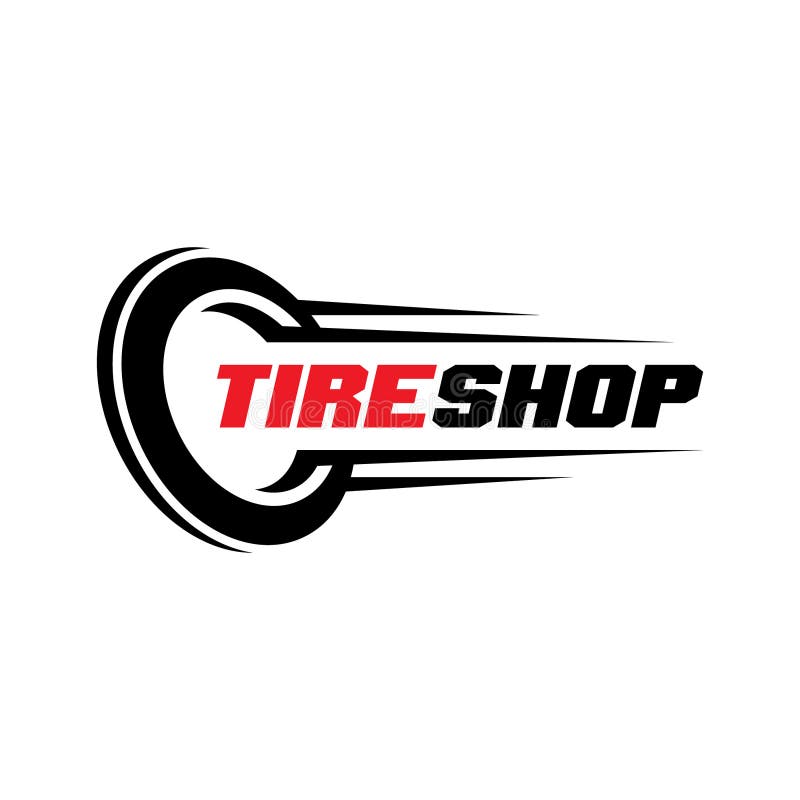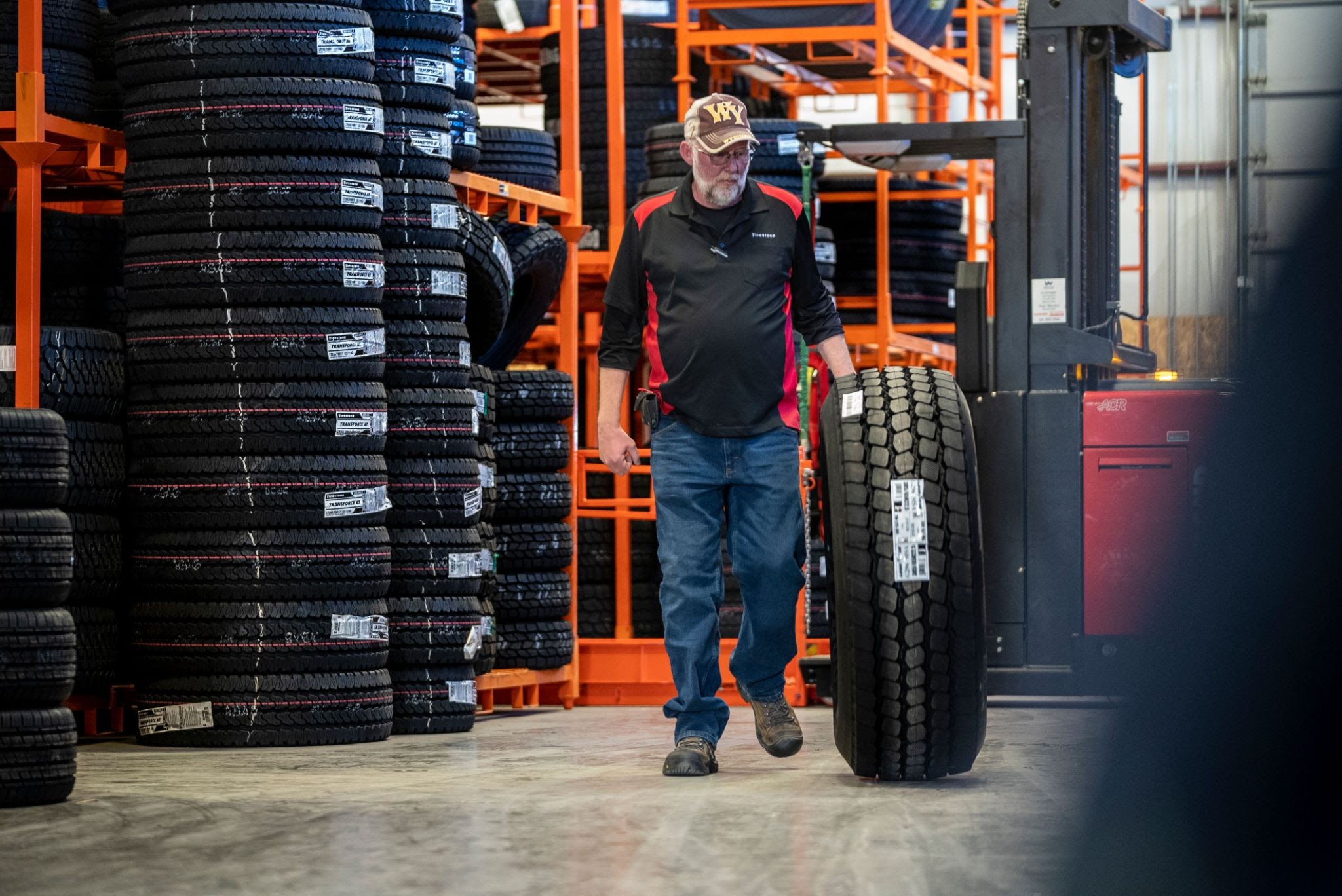Discover Tire Excellence at Morris Tire: Your Secret to Optimum Efficiency
Discover Tire Excellence at Morris Tire: Your Secret to Optimum Efficiency
Blog Article
The Environmental Advantages of Proper Tire Maintenance
Maintaining appropriate tire care is frequently overlooked, yet its influence on the environment is extensive. From reducing gas usage to decreasing emissions result, the benefits are far-reaching. Proper tire upkeep not only extends the life expectancy of tires however likewise decreases landfill waste and adds to improved air top quality. The interconnectedness of these benefits highlights the critical function that straightforward upkeep practices can play in advertising ecological sustainability.
Minimized Gas Consumption
Improving tire maintenance techniques can lead to a substantial reduction in fuel intake for automobiles. According to the United State Division of Power, underinflated tires can decrease gas mileage by 0.2% for every 1 psi drop in stress in all 4 tires.
In addition to tire stress, normal tire turnings and placements additionally play a crucial duty in gas effectiveness. Erratically used tires can enhance fuel usage as the engine functions harder to maintain speed and grip. By maintaining appropriate alignment and rotating tires at advised periods, vehicle drivers can make certain even use and prolong the life of their tires, eventually saving gas and lowering their carbon impact.
Extended Tire Life Expectancy
Expanding the lifespan of tires is an essential facet of reliable car upkeep methods that can generate cost savings and environmental benefits over time. By appropriately maintaining tires, vehicle drivers can substantially prolong their usability, minimizing the frequency at which new tires need to be manufactured and old ones gotten rid of. This not only preserves valuable sources yet also decreases the energy and emissions connected with tire manufacturing and disposal processes.
On a regular basis checking tire stress, revolving tires, and making sure proper placement are important action in extending tire life expectancy. Ample step depth is critical for optimal grip and security, but it also plays a role in the length of time tires can be used before requiring replacement. In addition, staying clear of aggressive driving habits that increase tire wear, such as rough braking and doglegs, can additionally enhance tire resilience.
Eventually, increasing the longevity of tires via proactive maintenance not only profits the atmosphere by reducing waste and conserving sources however additionally results in set you back savings for car owners by delaying find out the demand for new tire purchases.
Reduced Discharges Output
Efficient tire maintenance methods add to a decrease in discharges outcome, aligning with environmental sustainability goals in the auto industry. By maintaining optimum tire pressure degrees, chauffeurs can assist minimize these negative environmental influences.
Furthermore, properly maintained tires also boost grip and lower rolling resistance, better enhancing fuel efficiency. This, in turn, minimizes the amount of exhaust gases launched right into the ambience. Additionally, making certain tires are correctly inflated and straightened can prolong great site the life-span of the tires, lowering the frequency of tire substitutes and the connected environmental expenses of tire manufacturing and disposal.

Lowered Garbage Dump Waste
Given the favorable influence of appropriate tire maintenance on lowering exhausts output, an additional considerable ecological advantage is the potential for lowered landfill waste. By ensuring that tires are appropriately inflated, lined up, well balanced, and turned consistently, their life-span can be substantially extended.

Improved Air Top Quality
Enhancing air high quality with proper tire maintenance methods is a critical facet of lasting environmental stewardship. When tires are underinflated, they Web Site develop a lot more rolling resistance, resulting in boosted gas usage and greater exhausts of dangerous pollutants such as carbon monoxide and nitrogen oxides. Appropriately inflated tires not only improve gas effectiveness but also reduce the amount of contaminants released into the air.
Additionally, properly maintained tires with appropriate tread deepness and alignment contribute to more secure driving conditions, lowering the likelihood of crashes that can cause the launch of added pollutants right into the environment. By prolonging the life-span of tires with normal maintenance and rotation, fewer tires are thrown out prematurely, lowering the ecological impact of tire disposal and manufacturing processes.
Verdict
In conclusion, correct tire maintenance offers various environmental advantages. It is necessary for people to prioritize tire upkeep as a simple yet reliable way to shield the setting for future generations.
Correct tire maintenance not just prolongs the life expectancy of tires yet also lowers land fill waste and contributes to improved air high quality - morris tire service. By maintaining correct positioning and revolving tires at advised intervals, chauffeurs can guarantee even extend the life and use of their tires, inevitably conserving fuel and decreasing their carbon impact
By effectively preserving tires, motorists can considerably lengthen their usability, reducing the frequency at which brand-new tires need to be made and old ones disposed of.Routinely inspecting tire pressure, revolving tires, and ensuring appropriate placement are vital steps in extending tire lifespan. Additionally, guaranteeing tires are effectively pumped up and straightened can extend the lifespan of the tires, minimizing the frequency of tire substitutes and the linked ecological expenses of tire production and disposal.
Report this page